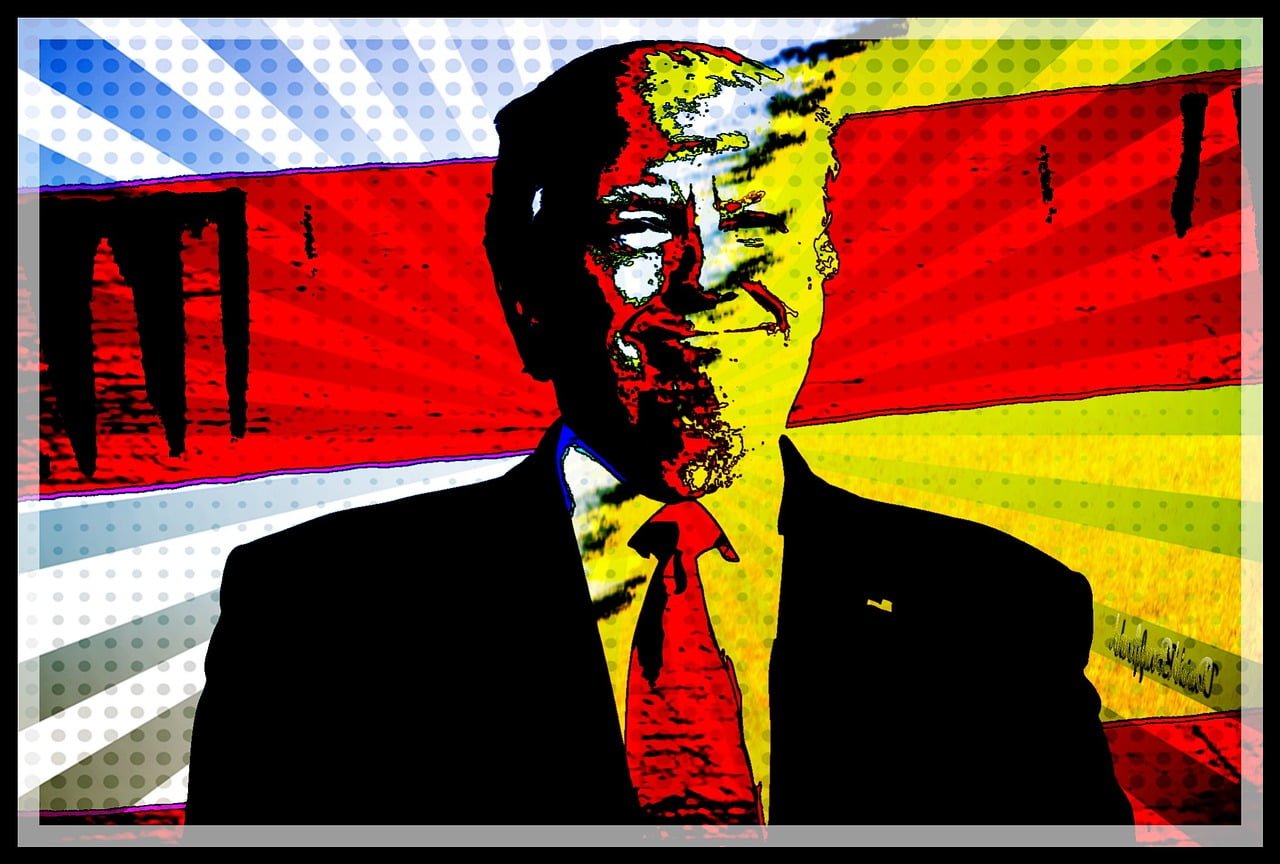At this time of the year, smog in Beijing, China, can be overwhelming. Throughout the city this fog/smog prevents the sun from shining through. But, the pollution problems have not clouded financial activity. Encouragingly, we continue to see a further opening up of capital markets in China in addition to more regulatory surveillance.
While the smoggy air deters me from walking the streets outside, the city’s indoor malls are extensive. So, taking a break from my e-mails and research, there were plenty of shop windows indoors to look at during my recent visit to Beijing.
The challenge of environmental pollution is something that, I’m afraid, China will be challenged with for some time to come.
While coal-fired electricity has been declining in China, given its tremendous power needs, coal is hard to replace. China remains the world’s largest coal consumer.
However, renewable energy has been a key area of focus, outlined in China’s 13th Five-Year Plan. Older coal plants have been taken offline and retired, while others have been subject to stricter controls. The US Energy Information Administration has predicted coal use in China could peak in 2018, then begin to decline as renewables replace more of China’s electricity generation.1 So hopefully, in the future the skies will again be clear in Beijing.
Regulatory Reforms
Recent regulatory reforms are clearing the way for more foreign participation in China’s markets. The Shenzhen-Hong Kong Stock Connect program and other initiatives have opened the Chinese market to more investors and encouraged cross-market participation. Foreign investors now have more direct access to Chinese-listed stocks and mainland Chinese investors can access stocks listed in Hong Kong.
In early November of this year, China’s vice minister of finance announced a further opening of the country’s markets. Foreign ownership constraints on financial firms (including banks and asset managers) would be removed, and foreign investors could take majority stakes in local Chinese companies. As investors in China for more than two decades, we welcome China’s decision to further liberalize the market for foreign participation.
The announcement came on the heels of US President Trump’s visit to the country as part of his wider tour of Asia, where he held talks with a number of leaders. Trump has called for new trade agreements and more access to China’s market for US companies.
Some media reports have suggested the solar industry could be a major trade target for Trump in the coming year. China is the world’s largest producer of solar panels, and some US manufacturers claim pricing pressure from China has driven them out of business. China’s government supports the industry with low-cost financing, which some claim gives them an unfair advantage. Meanwhile, the United States has imposed tariffs on Chinese solar panels—which could be extended to Southeast Asia more broadly. It will be interesting to see how this all plays out.
China has been clamping down on some companies and practices in an attempt to reduce risks in the financial system. While I was in Beijing, the government announced some regulatory curbs in the area of finance and insurance.
Specifically, the Chinese regulators have been targeting insurance and real estate companies in regard to their overseas acquisitions, which have been financed through domestic insurance policies and domestic bank loans.
As the overseas acquisitions have been in relatively more illiquid investments, this has raised the liquidity risk to these companies as well as the wider financial system. Authorities have also been trying to slow capital outflows to prevent the renminbi from weakening. With the widespread consolidation in regulations across the financial sector, the insurance regulator has also moved to engage in tighter control of stock investments by insurance funds and limit the risks in deals using capital raised from high-yielding and short-term insurance products.
It appears China’s leadership continues to pursue key reforms, and not only in the area of finance. We welcome its efforts to further liberalize all areas of the economy and market, as it remains difficult for foreign investors to compete with government-controlled firms in many areas.
However, it should be noted that some state-owned-enterprises do carry heavy debt burdens, so if any foreign investors are forced to partner with them, there may be additional risks to consider.
During my recent visit to Beijing, my colleagues and I went to visit the headquarters of a major auto manufacturer outside of the city. The building was beautiful (and huge!) in the shape of a shiny white oval. The auto sector is an example of the influence and integration of foreign firms, as the company we visited has joint ventures with foreign firms alongside its own local automotive brand.
It is clear to me that in order to continue growing, China must continue to open up its markets and work with foreign investors in many aspects. We look forward to the potential opportunities the coming year will bring.
The comments, opinions and analyses presented herein are for informational purposes only and should not be considered individual investment advice or recommendations to invest in any security or to adopt any investment strategy. Because market and economic conditions are subject to rapid change, comments, opinions and analyses are rendered as of the date of the posting and may change without notice. The material is not intended as a complete analysis of every material fact regarding any country, region, market, industry, investment or strategy.
Important Legal Information
All investments involve risks, including the possible loss of principal. Investments in foreign securities involve special risks including currency fluctuations, economic instability and political developments. Investments in emerging markets, of which frontier markets are a subset, involve heightened risks related to the same factors, in addition to those associated with these markets’ smaller size, lesser liquidity and lack of established legal, political, business and social frameworks to support securities markets. Because these frameworks are typically even less developed in frontier markets, as well as various factors including the increased potential for extreme price volatility, illiquidity, trade barriers and exchange controls, the risks associated with emerging markets are magnified in frontier markets. Stock prices fluctuate, sometimes rapidly and dramatically, due to factors affecting individual companies, particular industries or sectors, or general market conditions.
- Source: US Energy Information Administration, “Chinese Coal-Fired Electricity Generation Expected to Flatten as Mix Shifts to Renewables,” September 27, 2017. There is no assurance that any estimate, projection or forecast will be realized.
Article by Mark Mobius, Franklin Templeton Investment






